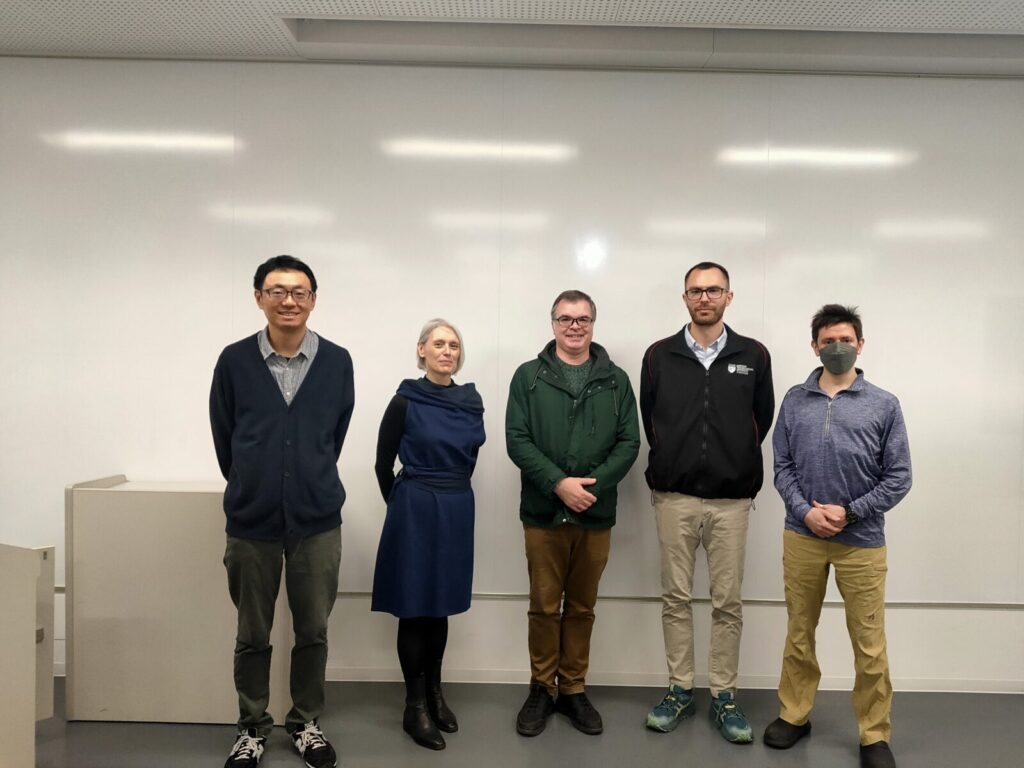Title: Vulnerability and Religion
Date: Friday, December 19, 2025
Location: Chiba University, Nishi Chiba Campus (room Kiwami, 3rd floor of I-building, Chiba University Library. This is the building on the right in the cluster of the grey-coloured buildings named “University Library/Academic Link Center” on this map.)
If you plan to attend, please register at the following link: https://forms.gle/hJALrkC2eJWwTZBK9
Abstract:
It is perhaps no exaggeration to argue that in the wake of the humanitarian disaster of March 11, 2011, discourses about religion in Japan have also increasingly become connected to discourses of and about vulnerability. Numerous studies have looked at religious activities in disaster-hit communities, and/or areas where a growing section of the population relies on benefits or lives below the poverty line. Religion has been analysed as a cultural source that is implemented in projects aiming to revitalise the depopulated and economically vulnerable areas of the country through heritage tourism. At the same time, religion is also relegated to the cultural background of the migrant populations whose religious “needs” require Japanese society to accommodate and adapt under the banner of ‘multicultural co-existence.’ Religion is also factored into the new debates and regulations aiming at protecting Japanese consumers from a growing number of financial frauds, and raising the alarm among Japanese voters about collusions between politicians and religious organisations. Finally, religion is also seen to impact the next generation of vulnerable youth, those who were born into religious families and who have been joining other tōjisha movements that have appeared in Japan since the start of this century.
While the above entanglements between religion and vulnerability encourage us to (re)consider the position of “religion” in Japan today, they also prompt discussion of how the concept of vulnerability has been used by official bodies, activists and individuals who are labelled “vulnerable”. Analysing practices of vulnerability, including power relations involved in defining who is vulnerable, challenges the normative secularist interpretations that tend to only consider religion in terms of surge or decline. The papers in this workshop offer examples based on fieldwork from different sectors of contemporary society and discuss these findings with scholars who have done extensive research at the threshold of vulnerability and religion.
Schedule:
2:00 pm: Start of the workshop
2:05 pm: Erica Baffelli (University of Manchester): “Sharing vulnerabilities”
2:30 pm: Christopher Chapman (Nanyang Technological University) “Moral experiments with vulnerability and care”
2:55 pm: Ioannis Gaitanidis (Chiba University): “The vulnerable consumer”
3:20 pm: break
3:30 pm: Discussants: Isaac Gagné (German Institute for Japanese Studies, Tokyo) and Norihito Takahashi (Toyo University)
3:45 pm: General discussion
Any questions or inquiries can be addressed to Ioannis Gaitanidis (gaitanidis[at]chiba-u.jp)

